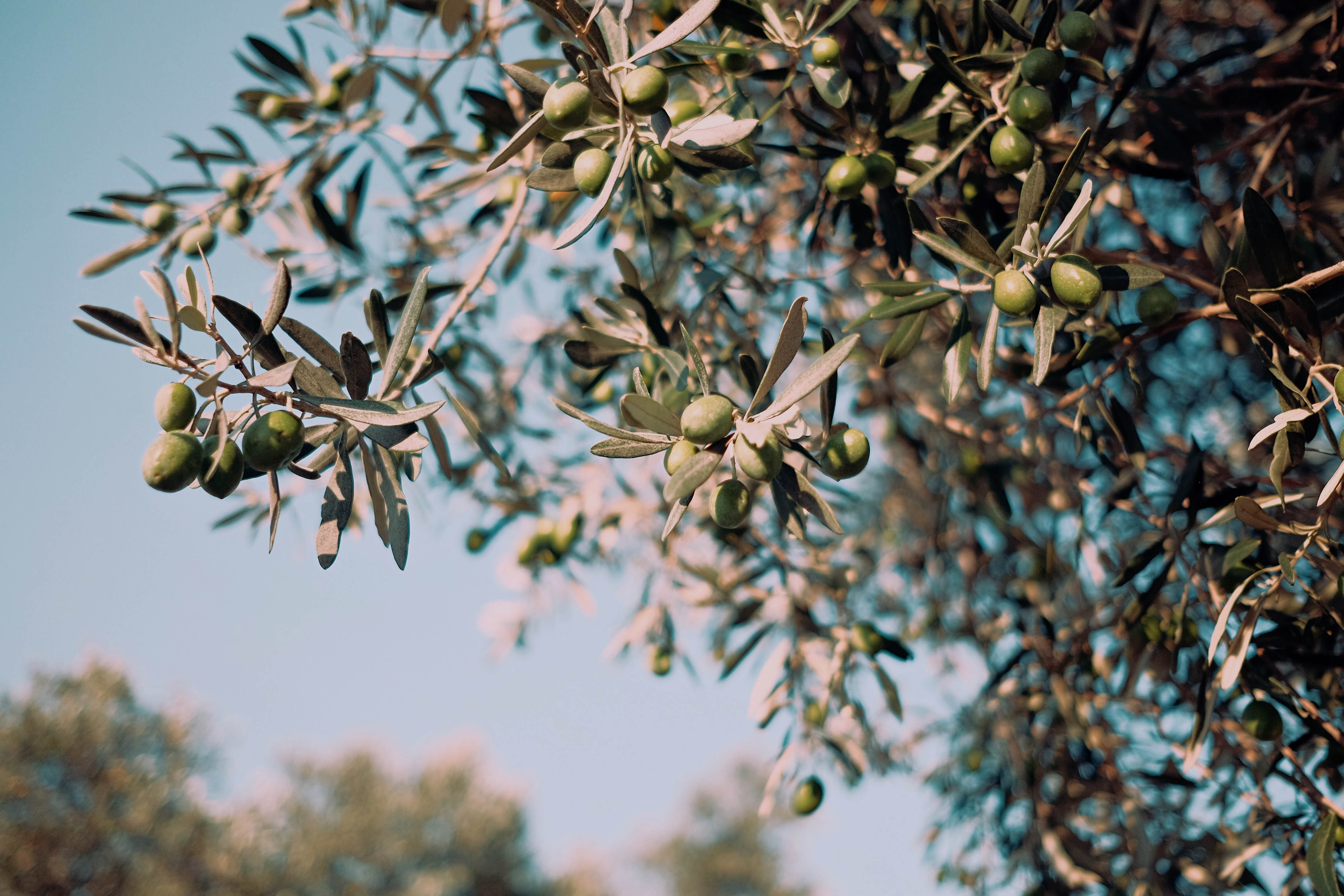What Sets Tunisia Apart: 4 Reasons It's the Ultimate Destination for Olive Oil Enthusiasts – Leading the Healthy Eating Revolution
The most important olive-growing region in the southern Mediterranean region, Tunisia produces some of the best olive oil in the world. Tunisian olive farming is all about sustainability, meeting top organic standards, and embracing rich biodiversity that leads to a wider range of flavours. The country is becoming more and more focused on meeting the needs of health-conscious eaters and those keen on discovering new taste experiences.

Image via The Residence Tunis
Intro
Picking the right extra virgin olive oil is like opening a box of global flavours. Every bottle comes from a unique corner of the world, each with its own special blend of soil, climate, and even local traditions that shape its taste. It’s never just about the olives; it’s also about the stories, culture, and techniques passed down through generations that make each one special. While Spain, Italy, and Greece might be the big names in olive oil production, Tunisia is the hidden gem, especially when it comes to organic olive oil. With a massive 1.96 million hectares dedicated to olive groves and over 107 million olive trees, Tunisia is setting the standard for organic production, making up 70% of its olive cultivation. To put it into perspective, about 30 per cent of Tunisia’s land is dedicated to olive farming, which is a lot of land. It goes to show the importance of the industry from an economic and cultural perspective.
Sustainability
Sustainability is not just a buzzword in the Tunisian olive oil industry. In areas like Sidi Bouzid and Sfax, farmers are leading the way in organic olive oil production. Thanks to the country's unique climate – with mild winters along the coast, hot and dry summers, and drier conditions inland – Tunisia has a natural advantage. These conditions are perfect for reducing pests and diseases, making it easier for Tunisian farmers to adopt sustainable practices in their olive orchards.Tunisia was the first African country to establish organic agriculture regulations and remains the only African nation recognised by the European Union and Switzerland for its organic products. This recognition means that from the farm to your table, every step in the production and sale of Tunisian organic products meets strict international standards.Want to experience all this first-hand? Sign up for an olive grove tour. Local tour operators and hotels like The Residence Tunis offer various guided tours for tourists.
Rich Terrain
There's no denying that organic farming has played a crucial role in preserving Tunisia's rich olive biodiversity. Today, Tunisian farmers have access to over 200 native olive varieties, which they use to craft their prized extra virgin olive oils. The most common olive variety in Tunisia is Chemlali, mainly found in the central and southern regions, followed by Chetoui, which thrives in the north. Chemlali oils tend to have a medium or light fruity flavour with hints of almond, artichoke, apple, and herbs, while Chetoui oils are known for their intense fruitiness and high polyphenol content. Another popular variety is Oueslati, typical of central areas, known for its medium fruity oils with a balanced bitterness, pungency, and notes of green almond. Zalmati, grown predominantly in the south, offers oils with pleasant bitter notes, lighter pungency, and hints of almond, green apple, and grass. Meanwhile, Gerboui, cultivated in the north, presents fruity notes with mild bitterness and pungency, often reminiscent of apples and other ripe fruits. These olive varieties are exclusive to Tunisia and are used both for table olives and extra virgin olive oil production.
The Olive Oil Produced in Tunisia Is Healthy
Recent studies have uncovered something exciting: those lesser-known olive varieties you find all over Tunisia are packed with good nutrients like phenols and other healthy compounds. This research also highlights the importance of protecting Tunisia’s wide range of olives.
Quality Over Quantity
In recent years, there's been a push worldwide for extra virgin olive oil producers to focus on quality. With better knowledge, improved production techniques, and more awareness among consumers, Tunisian olive growers are stepping up too. Nowadays, you can find olive oil produced in Tunisia in kitchens and on tables around the world, especially among food enthusiasts. It offers a unique taste experience while staying true to sustainability. Tunisian farmers are dedicated to making sure their extra virgin olive oil is not only top-notch but also ethically and sustainably produced. To them, it’s not about quantity but quality.
